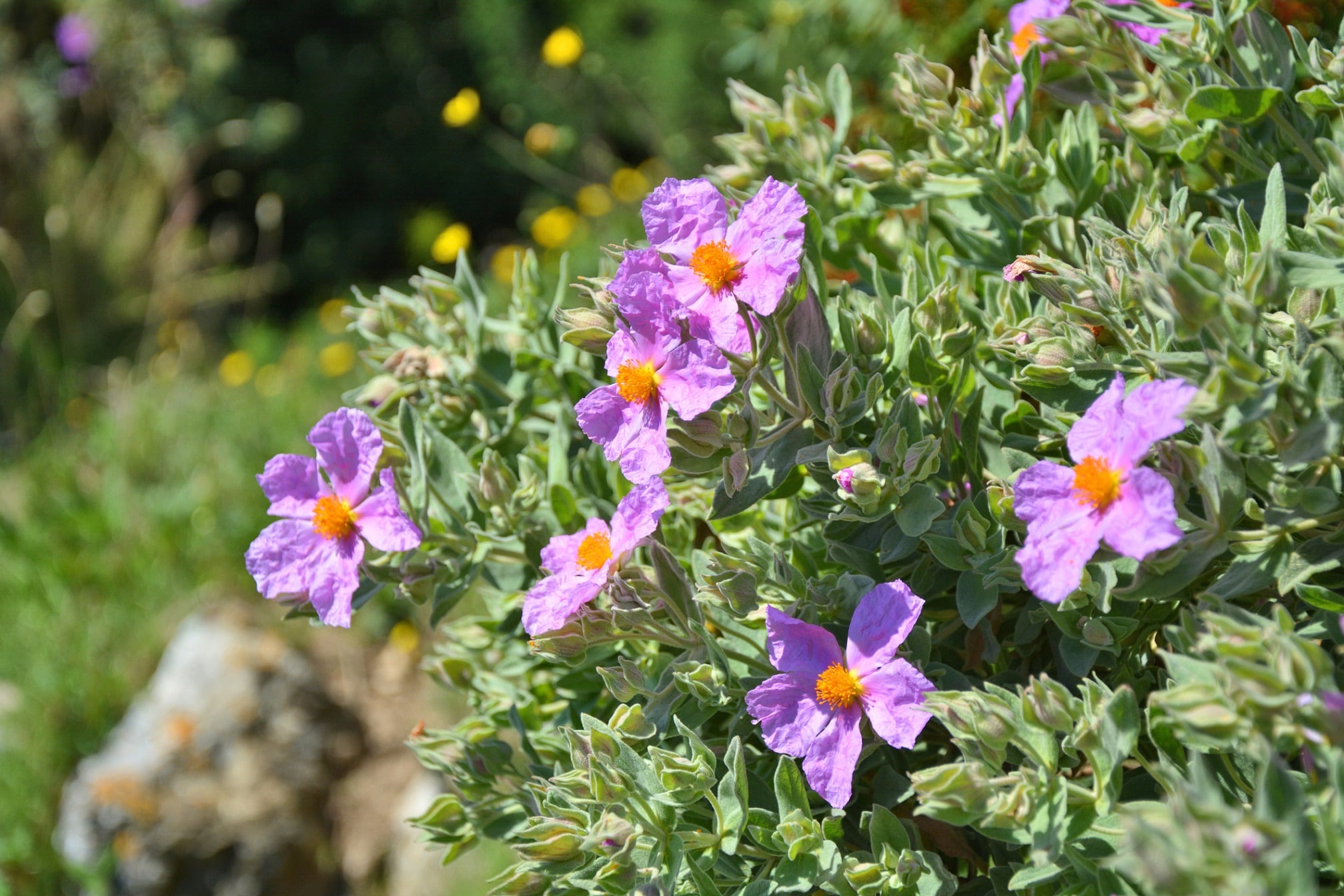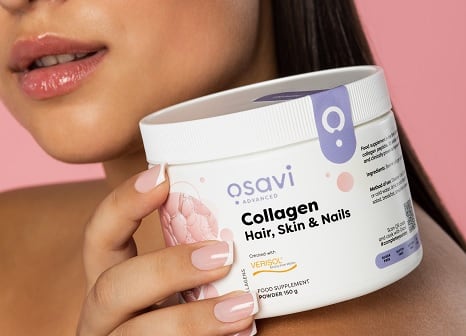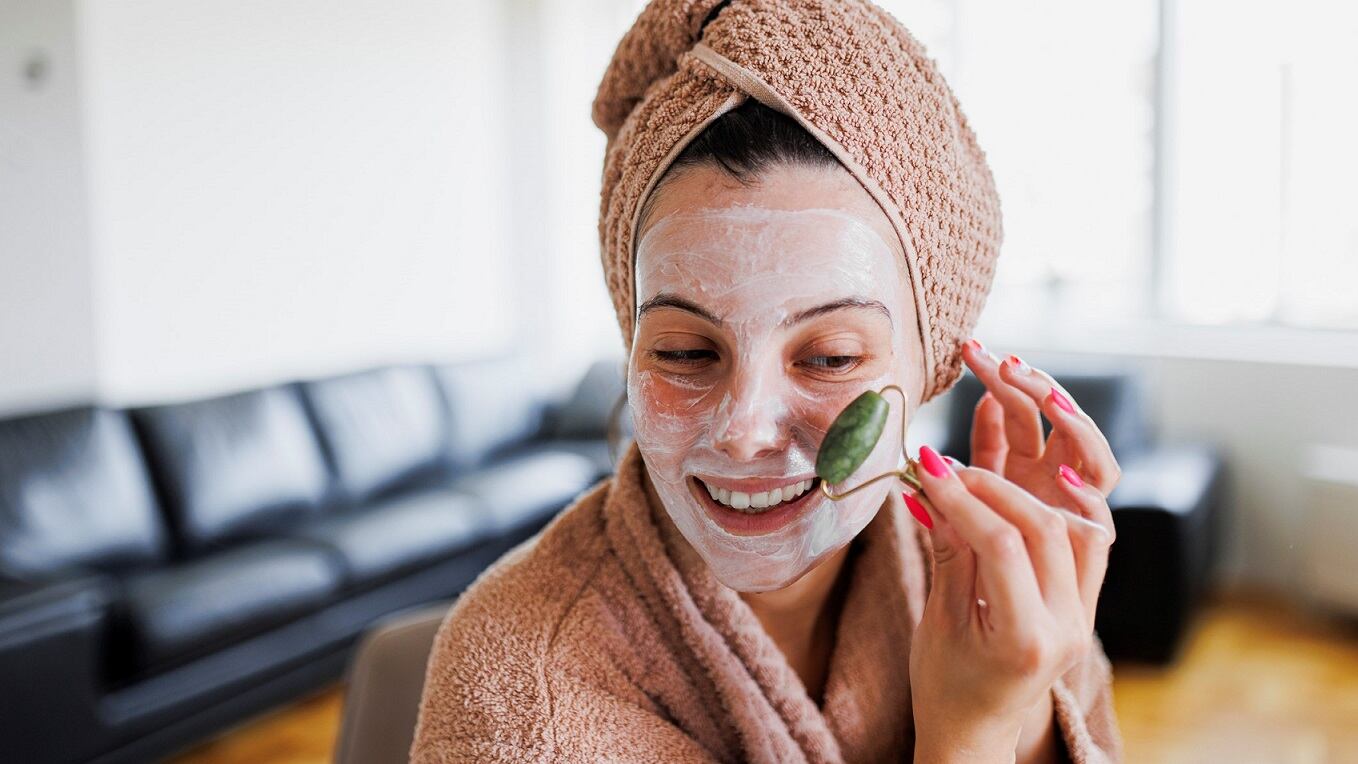But now we’re stressed out
In 2022 the American Psychological Association published the results of a detailed survey conducted on their behalf by the Harris Poll investigating the average stress levels of American adults. The poll reveals that on a scale of 1-10, 5.0 was the average level of stress for American adults, and further indicates stress-related health concerns are a significant and pervasive issue: “around seven in 10 adults (72%) have experienced additional health impacts due to stress, including feeling overwhelmed (33%), experiencing changes in sleeping habits (32%), and/or worrying constantly (30%).”
The consequences of so much stress can be detrimental and apparent, often appearing in “worry lines” or forming wrinkles in furrowed brows while causing sluggishness and forgetfulness. Consumers spend millions of dollars annually on topical cosmetic products to combat stress-related wrinkles, dullness, dryness, and other visible signs of stress-induced aging.
The connection between stress and skin health
“Recent research has confirmed the skin as both a target of stress mediators and a local source for these factors,” according to the IFF study. In a stressful situation, neurons in the hypothalamus (the part of the brain responsible for hormone production and regulation) produce corticotropin-releasing hormones or CRH.
These molecules travel to the pituitary gland, sending signals to the adrenal glands to produce cortisol. Known as “the stress hormone,” cortisol regulates many of the body’s natural stress-response processes, including immune and inflammatory responses.
Like other hormones, cortisol floats freely throughout the bloodstream, leaving it free to interact with other hormones like CRH. These chemical interactions can subsequently lead to a “stress-induced inflammatory cascade,” which can directly affect other bodily processes like cellular regeneration.
As further explained in the study, “the inflammatory response increases blood flow to the inflamed site, to supply more nutrients and immune cells. Blood vessels dilate, resulting in redness and edema, and chronic inflammation is recognized as an important factor in the aging process (sometimes referred to as “inflammaging”).” Further research demonstrating the effects of “inflammaging” exposed human subjects to the Trier Social Stress Test and revealed a direct correlation between stress and delayed skin barrier recovery.
The extract
To propose a solution to the formation of stress-related aging, researchers from the IFF study selected Cistus incanus, a Mediterranean shrub, as the focus of their research. Containing polyphenolic compounds with antioxidant properties, “secondary sources report that Cistus incanus has been used in traditional medicine, inter alia as an anti-inflammatory agent, to encourage wound healing, and in the treatment of some skin conditions.”
Of particular interest to researchers was the identification of the “myricetin glycoside myricitrin, originally isolated from the bark of Myrica rubra, but previously unreported in aqueous Cistus incanus extract fractions.”
Knowing that research on myricitrin reports to have anxiolytic effects on inflammatory responses, “these precedents suggested that a Cistus incanus extract containing myricitrin may be an interesting candidate for an attempt to mitigate psychological stress-induced neurogenic inflammation.” This strong evidence warranted further study “aiming to demonstrate a solution to premature neurogenic skin aging driven by psychological stress using an extract of Cistus incanus in topical application.”
The study & results
Researchers conducted a battery of testing procedures, including a functional receptor assay, ex-vivo skin explant model, and human keratinocyte culture on the Cistus incanus extract, and measured results on its interactions and effects on CRH. Results from these tests seem to confirm that Cistus incanus extract does “suppress the CRH-induced activation of an inflammation signaling cascade…negating the effects of CRH stimulation…and thus may offer some protection from psychogenic stress-induced inflammation processes.”
Following these conclusions, researchers sought to confirm the same results in human volunteers and did so in a double-blind, placebo-controlled clinical trial on test subjects specifically screened for high-stress levels. The portion of the study concluded with similar and equally encouraging results as the first: “in these volunteers, we showed the anti-inflammatory benefits of treatment with the extract, as well as the extension of these effects into improvements in skin resilience to chemical (SLS) insult and improvements in aging signs (wrinkles).”
The future of topical cosmetic skincare?
The IFF research team concluded: “…these results effectively indicate that an extract of Cistus incanus aerial parts may mitigate the effects of neurogenic stress on skin and therefore has significant potential for application as an active ingredient in a broad range of skin care applications, especially applications aimed at delivering anti-inflammatory and/or anti-aging benefits in populations suffering from chronic psychological states of stress.”
Moving forward, the researchers called for more studies to examine the impact of dosages and duration, as well as the potential impacts on effects on other targets, such as hair. It may be valuable to expand on the data presented herein through further studies, to shed further light on the dose- and time-dependency of the effects described, as well as on effects on other tissue types (e.g., hair and other skin appendages, but possibly also internal tissues such as soft joint tissues, cardiac muscle tissue, and more), and under different types of psychological stresses.
Source: Cosmetics
2023, 10(1), 4; https://www.mdpi.com/2079-9284/10/1/4
“A Cistus incanus Extract Blocks Psychological Stress Signaling and Reduces Neurogenic Inflammation and Signs of Aging in Skin, as Shown in In-Vitro Models and a Randomized Clinical Trial”
Authors: F. Havas et al.




